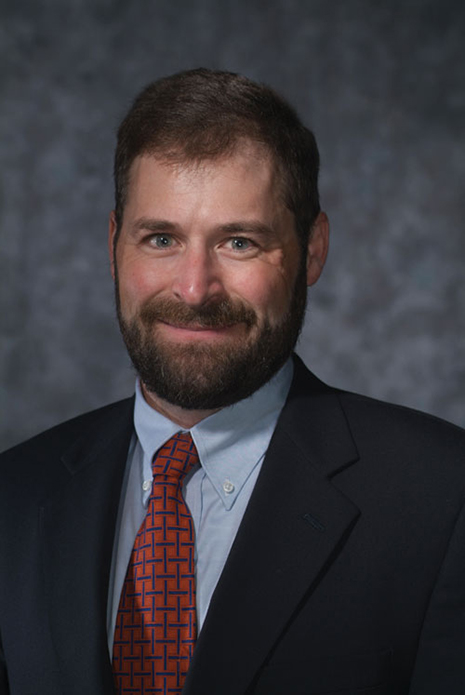FAYETTEVILLE, Ark. – A five-year study has followed Milwaukee students who use publicly funded vouchers to attend private schools and has evaluated academic achievement differences between them and a similar group of public school students. When the tests administered to the voucher students became “high-stakes,” in the final year of the study, voucher students performed better than their public school peers.
The Milwaukee Parental Choice Program, a public program, financially supports over a fifth of the city’s primary and secondary students who choose to attend private schools instead of public schools. This allows low-income parents to choose the school they want their child to attend from both private and public options.
“This evaluation is the first study to test the effect of introducing high-stakes testing into an existing school choice program,” said Patrick Wolf, the principal investigator of the study and a Distinguished Professor at the University of Arkansas. “The results suggest that high-stakes testing drives up student test scores in such programs, at least in the first year after the testing policy is implemented.”
Wolf’s team of researchers evaluated how high-stakes testing and public reporting of test scores impacted the performance of voucher students compared to a matched group of students in Milwaukee public schools. Both groups were administered the state accountability test in all five years of the study, but the test score results for individual private schools were only publicized by the state in the final year, thus shifting the perception of the testing from low-stakes to high-stakes for the private schools.
Wolf’s team wrote in their report that the test score performance of both groups of students was similar during the study until the tests became high-stakes in the final year, when the reading and math scores for the voucher students increased.
“Our general results indicate that introduction of the testing policy resulted in substantial student achievement gains, particularly in math, and in that subject perhaps for students with higher levels of initial ability,” Wolf’s research team wrote. “This may simply indicate that the newly high-stakes nature of the testing induced the private voucher schools to perform more effective test preparation for all of their students, and the higher performing among the students benefited somewhat more from the preparation.”
According to Wolf, it also is possible that the high-stakes nature of the testing in the final year went beyond test preparation and incentivized the private schools to improve the overall academic program of their school. Because the switch occurred in the final year of the study, the researchers could not determine if the achievement gains for the voucher students represented a one-time benefit or would cumulate over time.
Wolf holds the 21st Century Endowed Chair in School Choice in the department of education reform in the College of Education and Health Professions. He is the principal investigator of the School Choice Demonstration Project and evaluates the impact of school vouchers and public charter schools throughout the country. He has also written and edited many publications, including four books on school choice, civic values, special education, public management and campaign finance.
Topics
Contacts
Leah Markum, intern
University Relations
479-575-5555,
Patrick Wolf, Distinguished Professor
College of Education and Health Professions
479-575-2084,
Barbara Jaquish, science and research communications officer
University Relations
479-575-2683,
